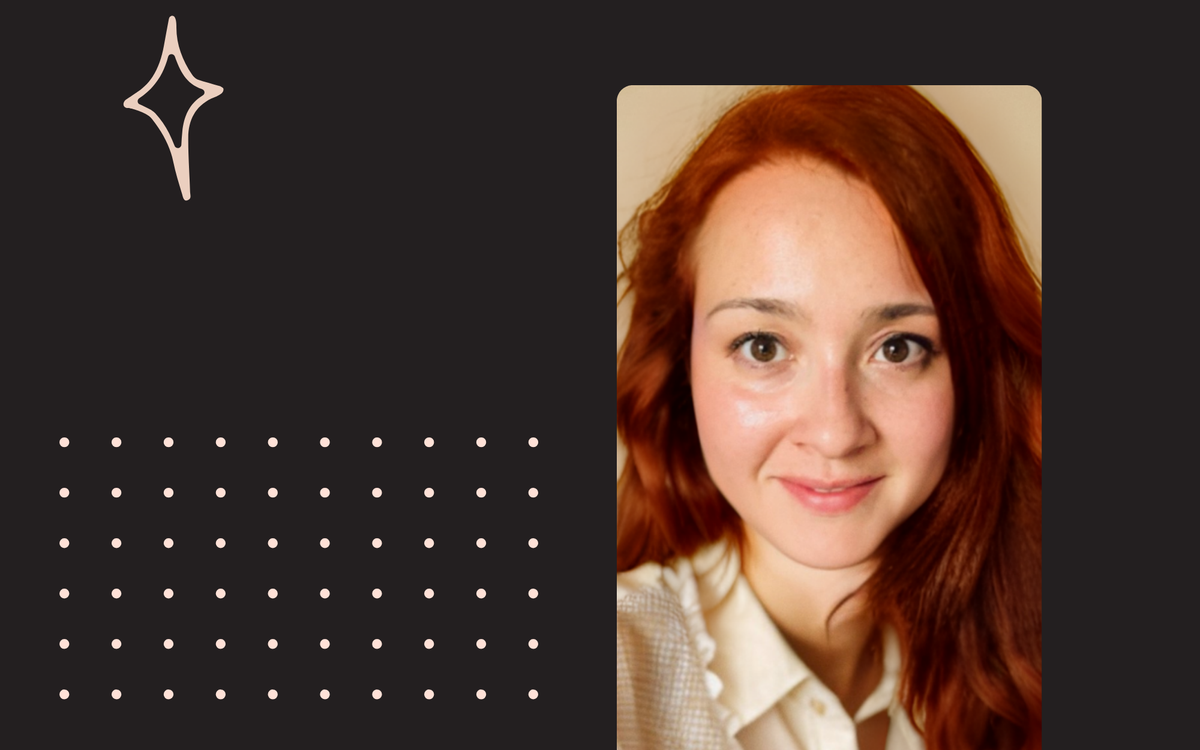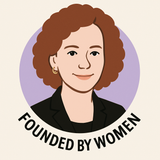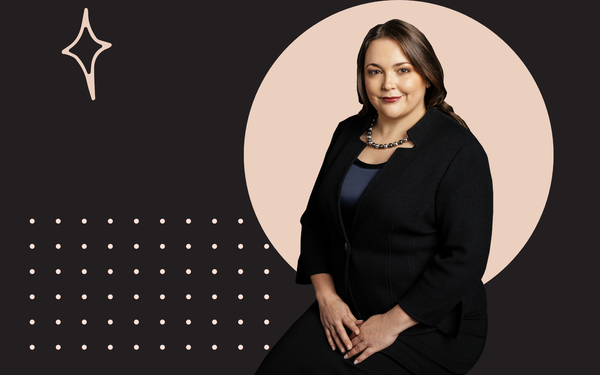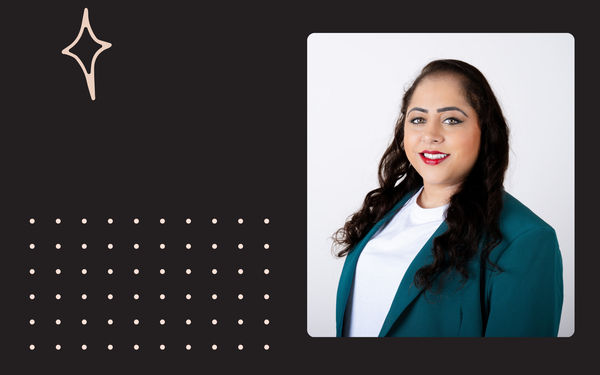"Bring Your Own Chair": A Marketing Leader's Bold Approach to Breaking Into the Boys' Club

In this candid Q&A, Karina Smith-Reyes, Brand & Marketing Manager at Datum RPO, shares her journey to marketing leadership in the traditionally male-dominated professional services sector. From establishing credibility with large corporate clients to translating complex B2B services into compelling business narratives, Karina offers practical insights on building influence, driving results, and advancing as a woman in marketing leadership.
Discover her proven strategies for communicating technical expertise through powerful storytelling, the pivotal moments that shaped her career trajectory, and her direct advice for women looking to claim their seat at the leadership table. This interview provides actionable guidance on transforming marketing from a support function into a strategic business driver, while navigating the unique challenges of professional services marketing.
Part of the Women Who Lead Q&A series, featuring inspiring conversations with female leaders across industries.
As a marketing leader at Datum RPO, what strategies have you found most effective for establishing your voice and driving marketing initiatives in a traditionally male-dominated industry?
It’s definitely been a journey, but I’ve found that being proactive and not waiting to be invited to the table has made a huge difference. I speak up, I back myself, and I advocate for the value marketing can bring—not just as a support function but as a strategic driver of business growth.
I’ve learned not to wait to be told I can do something. If I see an opportunity, I go for it. Whether it’s proposing a bold new campaign or championing a more data-led, customer-centric approach, I lead with clarity and confidence—and I encourage my team to do the same.
One of the things that’s helped me most is simply asking for what I need. That might mean asking for support, asking for investment, or just asking the right questions in the room. I think many of us, especially women, are taught to wait or be invited in—but I’ve found that being direct, while still collaborative, earns respect and gets things moving.
I also build credibility internally by delivering results—when your work consistently adds value, it becomes much easier to be heard and taken seriously, regardless of the room you're in.
How do you approach building credibility with large corporate clients who may have preconceptions about women in leadership roles?
I always start by focusing on the client’s business needs and speaking their language. When you demonstrate that you understand their challenges, their goals, and their industry, that tends to shift any preconceived ideas pretty quickly.
I also make a point of being both authentic and strategic. I don’t try to act how I think they want me to—I show up with strong insights, clear plans, and the evidence to back up what I’m saying. And I trust that performance speaks for itself.
That said, I’m not afraid to challenge assumptions, either. If something needs to be said or clarified, I do it respectfully but directly. Over time, I’ve found that taking up space confidently, without apology actually helps others adjust their own expectations.
And of course, I always lead with consistency. When clients know they can rely on you to deliver, communicate clearly, and act with integrity, that trust builds regardless of gender.
What marketing approaches have been most successful in communicating complex B2B services like vendor management and compliance auditing to senior decision-makers? How do you balance technical expertise with compelling storytelling in your marketing strategy?
One of the biggest challenges in our space is making complex, technical services feel accessible and valuable to senior stakeholders—many of whom don’t want jargon, they want clarity, insight, and results.
What’s worked really well for us is leading with business outcomes, not just service features. We always ask: What problem are we solving for this client? For example, instead of just talking about “compliance auditing,” we frame it as protecting brand reputation, reducing risk, and saving time for overstretched HR teams. That reframing makes the service instantly more relevant and tangible to decision-makers.
We also make a point of using real client success stories—our work with organisations like VINCI or Redrow has given us powerful examples of how effective vendor management can unlock both financial and operational value. These stories allow us to show, not just tell, what our solutions can do in real terms.
That said, we always back up the narrative with data and credibility. Storytelling gets attention, but metrics and evidence build trust. We use stats like “£1bn+ in workforce spend managed” and detailed case studies with real-world KPIs to anchor the message.
And finally, we tailor everything for the audience. A procurement director, for instance, will want something different to a CFO. So we adjust our tone, level of technical detail, and even the format—sometimes it’s a one-page dashboard-style brief, other times it’s a webinar or in-person workshop that allows for deeper discussion.
It’s really about striking the balance between insightful storytelling and commercial precision—and showing clients that we’re not just experts, but strategic partners who understand their world.
What pivotal moments or decisions shaped your path to becoming Brand & Marketing Manager at a rapidly growing company like Datum RPO? What advice would you give to women looking to advance in marketing leadership roles, particularly in the professional services sector?
For me, the most pivotal decision was choosing to back myself—before anyone else did. Early in my career, I realised that waiting to be noticed or waiting to be told “you’re ready” just delays progress. So I started putting myself forward for bigger projects, speaking up in rooms where I might have felt intimidated, and owning my ideas with confidence.
Another turning point was learning to view marketing not just as a creative discipline, but as a commercial function that drives business outcomes. That shift helped me speak the language of the boardroom, which is especially important in professional services, where credibility and trust are everything.
I also made a conscious effort to build relationships across departments—with sales, ops, procurement, compliance. Understanding the broader business made me a stronger marketer and a more strategic leader.
My advice to women aiming for leadership roles is: be bold, ask for what you want, and stop waiting for perfect conditions. You don’t have to tick every box on a job spec to go for the role. Learn to negotiate, speak clearly about your value, and make peace with being uncomfortable—that’s usually where growth happens.
Also, don’t be afraid to ask for help or mentorship. Surround yourself with people who challenge and support you in equal measure. And if the seat at the table doesn’t feel made for you—bring your own chair.
Are you a woman leader with an inspiring journey to tell? Founded by Women is on a mission to elevate and amplify the voices of women making an impact.
If you're breaking barriers, driving change, or paving the way for others, we’d love to feature your story. Get in touch with us today!
👉 hi@foundedbywomen.org


